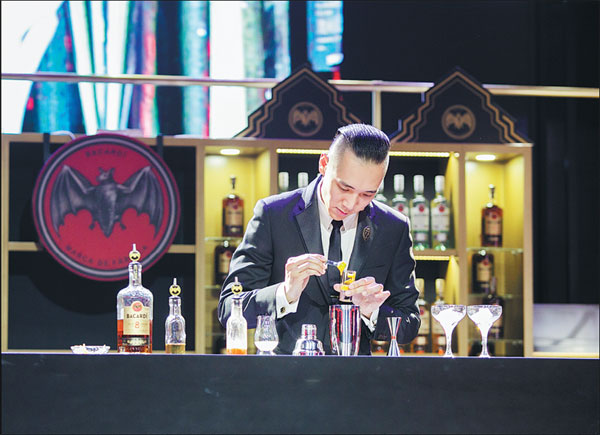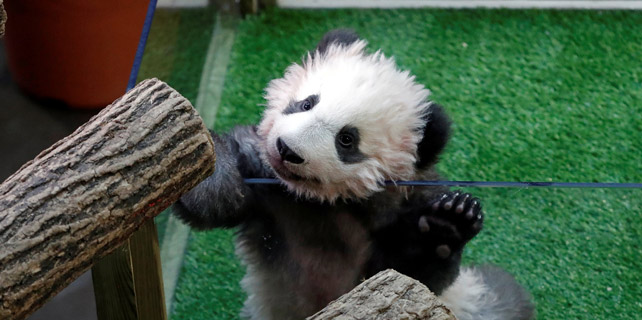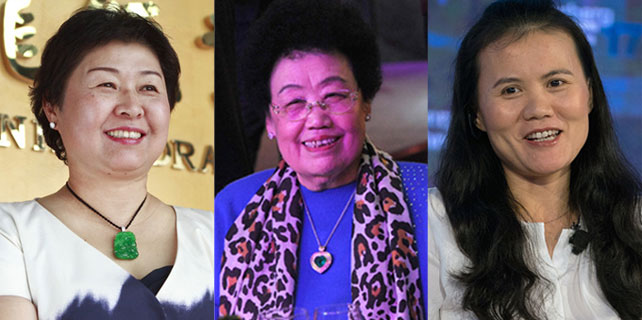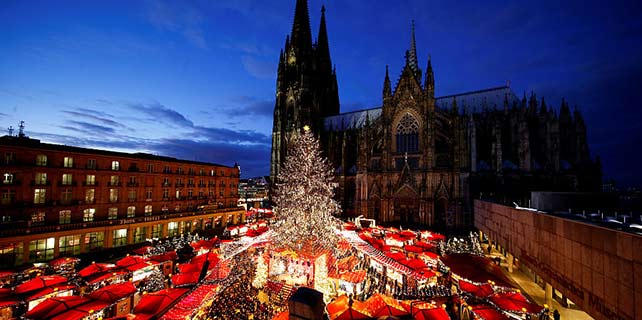Getting a taste for cocktails
Winners of the recent Bacardi Legacy Cocktail Competition China share their passion for mixology and give their insights into the country's booming bartending scene
When the Bacardi Legacy Cocktail Competition China was launched in 2013, only around 100 bartenders from across the country signed up for the event.
When the sixth cocktail final competition was held in Shanghai this March, the registrants numbered more than 600.

"It's a good phenomenon," says Irving Holmes Wong, Bacardi's managing director for Greater China. "Many bartenders today believe this career is not just about drinks, but about creation."
In 2014, Xie Jun from Shanghai finished among the top three in the competition's global final. These days, he's one of the judges for the final in the China leg of the global competition.
Xie says that while the contestants each year have become younger, their creations are becoming increasingly sophisticated, reflecting how quickly the industry is maturing.
Many of these Chinese bartenders like to add Chinese elements such as traditional Chinese herbs and Chinese teas to showcase local culture. During this year's final, Han Chao mixed baijiu (Chinese white liquor) with Bacardi rum and other ingredients, such as passion fruit and rose syrup.
"Like whiskies, rums are aged in oak barrels, which will create unique flavors such as vanilla and honey. Baijiu is often pungent and doesn't have such flavors," says the 28-year-old, who is the bar manager of the PuXuan Hotel and Spa in Beijing, which will soon open to the public.
"I can not only make classical cocktails, but also modify them using Chinese elements. Such localization makes Chinese bartenders unique."
Xie says such cocktail competitions are good for the industry, as they encourage young bartenders to learn from their foreign peers and challenge themselves creatively. Being a part of the event also helps to raise one's profile.
Huang Xiao, 28, who works at Shanghai's Above the Globe, used to be an accountant before she made the switch to bartending four years ago. As one of the growing number of females who have made bartending a full-time profession, Huang says her job satisfaction comes from seeing customers enjoy her creations and from receiving recognition from being a part of the competition.
The winner of this year's China final was Huang Xiaoyang, who works at the Lab Loft Bar in Shenzhen, Guangdong province. The 23-year-old says that, though the hours are long and the pay barely decent, it is his love for creativity and chasing his passion that keep him motivated.
"My inspiration comes from my desire for continuous learning. What you pay this moment is what you will get in the future," says Huang.
"Even though I now live in a 3-square-meter rented room, my soul is free and I have great vision. I want to learn about anything that I'm interested in."
According to Wong, one of the factors behind the growing popularity of cocktails in China is the shift in consumption patterns. He says that Chinese consumers have become more adventurous and sophisticated.
Guangzhou bartender Li Jiahao, 34, shares the same sentiment. "About 10 years ago, Chinese customers frequented noisy clubs and discotheques. But in recent years customers are finding it more appealing to go to a quiet bar and savor wines and spirits," Li says.
Han Chao recalls that the objective of many consumers in the past was simply to get drunk. Today, people are more interested in exploration.
"Customers are more knowledgeable than before. They know what kind of flavors they like to drink. They often get me to make a customized drink for them instead of picking one that is on the menu," he says.
Xie says that Shanghai, owing to its cosmopolitan nature, is the Chinese city with the most vibrant cocktail scene. Of the four mainland cocktail bars that made it to the Asia's 50 Best Bars 2018 list, three are in Shanghai - Speak Low, Sober Company and Union Trading Company. Beijing's Janes and Hooch moved up three spots from last year's rankings to occupy 30th place this year.
"Shanghai boasts the most bars, including good-quality ones. In Shanghai, bartenders will have more opportunities to join master classes or trainings," he says.
Unlike in the West, bartending is still an emerging industry in China, says Wong, noting that cocktail bars only started to open in China in the past two decades. While most cocktail drinkers are from the big cities, the market in second-tier cities is growing quickly. As such, the demand for bartenders across most parts of China is soaring.
Xie agrees.
"Cocktail bars are springing up all over China. But there are not enough talented bartenders in the industry," he says.
"It's important to attract more bartenders in the industry and offer them good training and opportunities."
He adds that this talent shortage could boost bartenders' salaries. Cocktail establishments in second-tier cities might also begin to poach talent from big cities.
xulin@chinadaily.com.cn
|
Guangzhou bartender Li Jiahao prepares his creation at the recent Bacardi Legacy Cocktail Competition China final held in Shanghai. The competition has been attracting an increasing number of young bartenders as the industry grows over the past years in China. Provided to China Daily |
(China Daily European Weekly 06/08/2018 page19)























